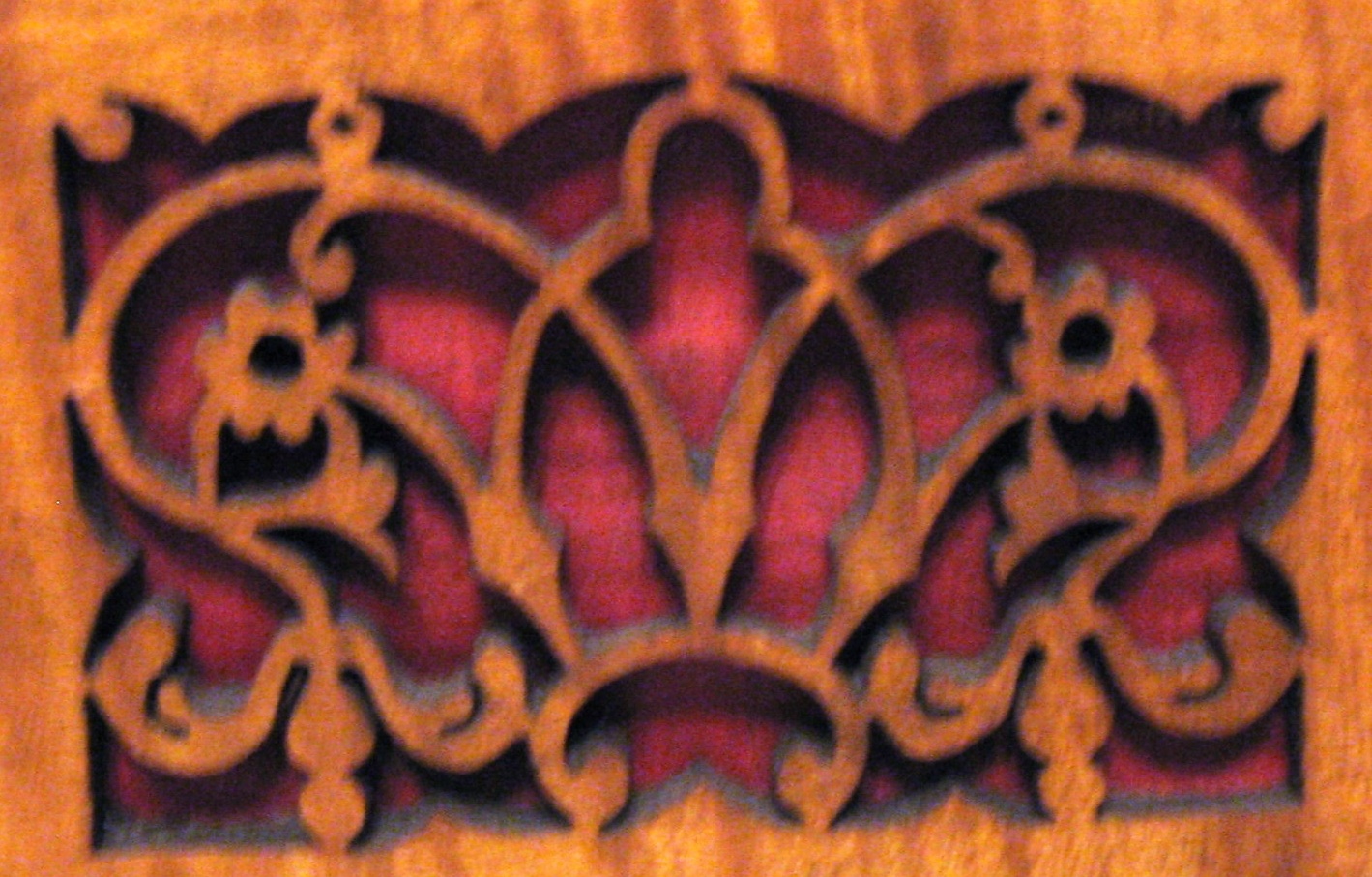The journal-published article by Margaret Debenham and Michael Cole (2013) cited below presents novel findings from contemporary primary source documents that illuminate the life and activities of three pioneer keyboard makers in London, namely Roger Plenius, Frederick Neubauer and Herman Viator.
As of September 2020, this is the first of two 'most read' papers from the Royal Musical Association Research Chronicle currently made available for reading and/or downloading free of charge via the journal website by kind courtesy of the publishers, Taylor & Francis Group, (the second being Debenham's 2014 article on Joseph Merlin). Follow the highlighted link in the citation below to access the full text article.
Margaret Debenham and Michael Cole, 2013: ‘Pioneer Piano Makers in London, 1737–1774: newly discovered documentary sources’ in The Royal Musical Association Research Chronicle Vol. 44. Abingdon: Routledge, Taylor and Francis Group, 55-86.
DOI: 10.1080/14723808.2012.761771.
Abstract
The most historically significant and widely influential pianoforte designs, both for use in public concerts and for domestic music making, first appeared in the later 1760s, mostly as the work of immigrant German-born craftsmen working in London. But their work was preceded by a handful of pioneering instrument makers whose lives have been largely unreported until now. In this paper the authors report on the life and work of three such immigrant craftsmen who made pianofortes and related instruments in London in the period 1740–65. Two of them, Roger Plenius and Herman Viator, met with great personal misfortunes, while the other, Frederick Neubauer, crowned his career with a great triumph which has never been widely reported, though unhappily not one of his instruments is known to survive. The authors’ findings are drawn from newly located contemporary newspaper notices and original manuscripts held at The National Archives, Kew and the Bancroft Library, London.
|




